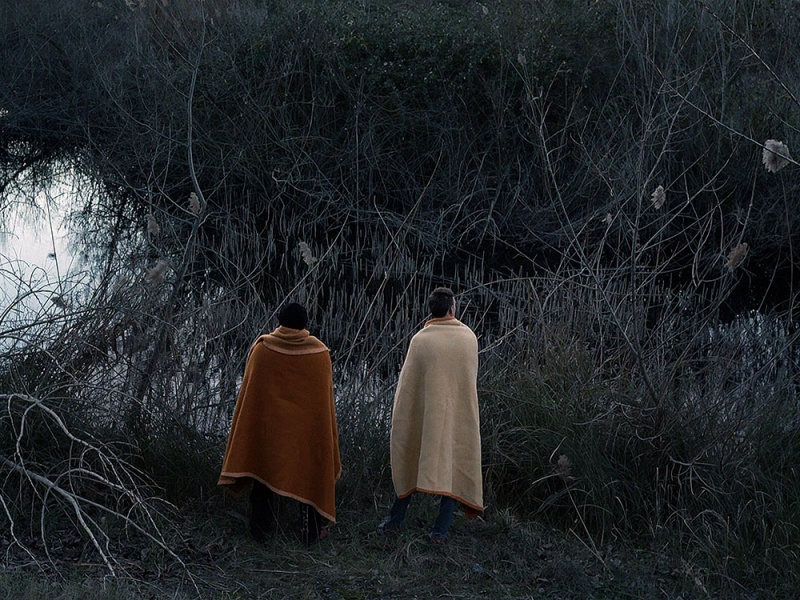This website is an archive. Please visit www.ica.art for current listings.
Open Forms – The Films of Dane Komljen + discussion
2 Dec 2018
All the Cities of the North, Dir. Dane Komljen, Serbia / Bosnia-Herzegovina / Montenegro, 2016, 100 mins, Serbian with English subtitles
This screening is followed by a conversation with director Dane Komljen.
This retrospective explores the work of Berlin based director Dane Komljen. His films employ innovative approaches to cinema exploring hybridisation and deliberately open forms. Komljen’s cinema lingers between dreams and memories, creating a fluid cinematic space that moves freely between imaginaries and realities. In recent years, Komljen’s work has been shown at major festivals including the Cannes Film Festival, Locarno Festival and IFF Rotterdam. Kolmjen’s first feature-length film, All the Cities of the North, is preceded by Komljen’s latest short film, Fantasy Sentences, warmly received last year at the Locarno Festival.
Programme descriptions by Dane Komljen:
Fantasy Sentences, 2017, 17 mins
Many years ago, the cities by the river were gripped by a contagion. Things started to change and everything slowly became something else. It was not clear if transformation was a symptom of the disease or a way to escape it. The contagion touched everything and everyone: animals and plants, stones and soil, men, women and children, their thoughts, their dreams, their memories. An old woman once told me how all memories turn into trees, I could hardly make out what she was saying. She said she could hear the trees singing, ‘To be a body, to be any body’. After the years of contagion ended, the cities appeared untouched. One had to look hard to see the traces of the previous time. If one could listen to the trees, what would they say? A way out, a way out?
All the Cities of the North, 2016, 100 mins
A single, white room, a blue tent inside, where two men share a relationship for which there are no words. Boban and Boris live within a set of almost identical abandoned bungalows in the midst of stray donkeys, plastic bottles and red berries; reed beds, tall trees and transient workers. Someone else enters this secluded space and its patterns are disturbed. The world outside arrives and brings stories of other times, of cities to the north and south, of how something is made. New bonds form and old ones shift. Love can be fragile when not given a name. No, don’t call me ‘comrade’. What should I call you, then?



